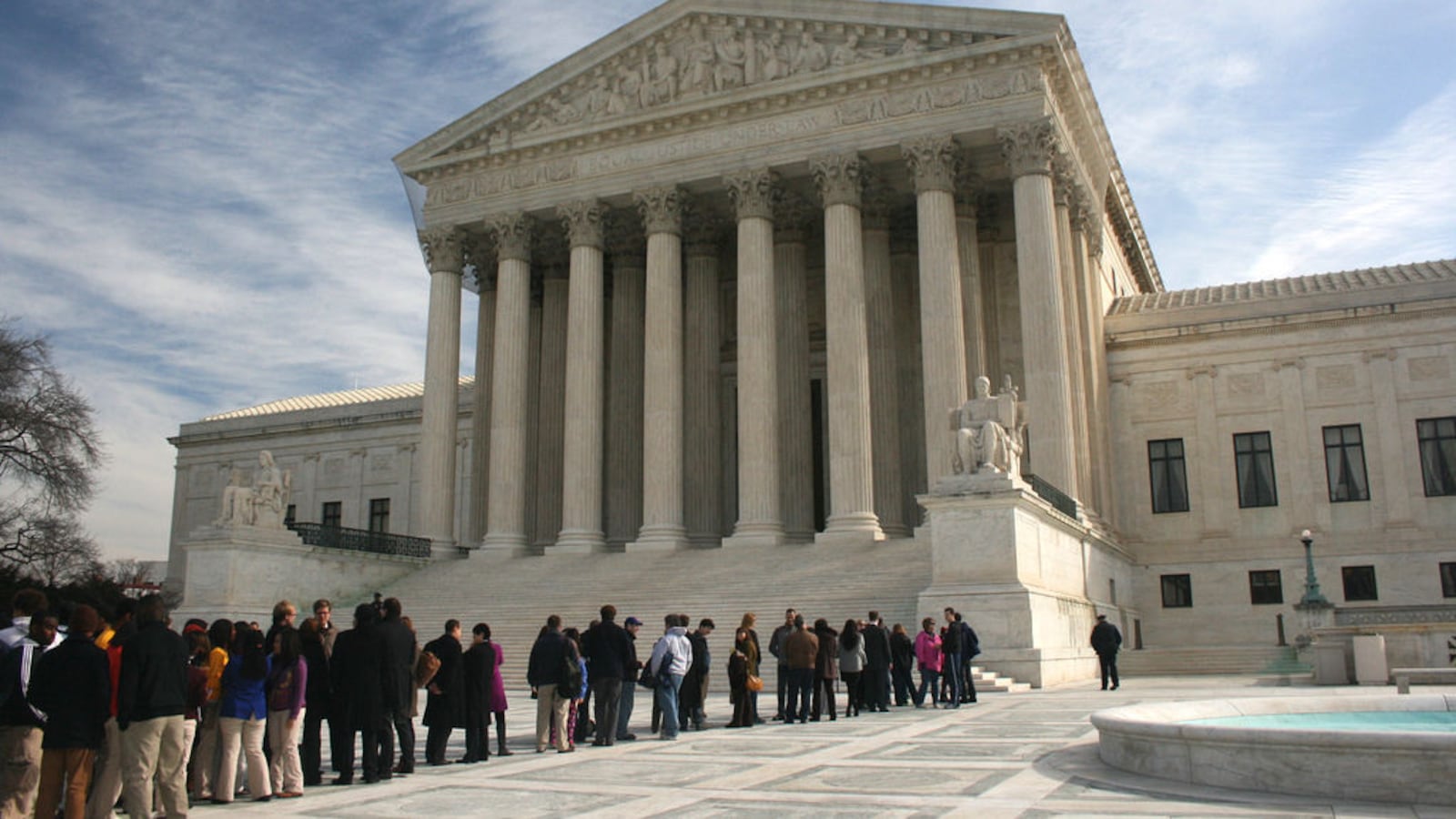The predictions are dire: After the Supreme Court ruled this week that public employees can’t be forced to pay fees to unions, labor experts say membership and dues could dwindle by double-digit percentages.
In New York City, more than 100,000 members of the United Federation of Teachers will have to act quickly if they want to cut off their dues payments: The annual two-week window to opt out of deductions ends on Sunday.
In the wake of the ruling, we asked educators whether they plan on sticking with their union, and what issues will be important as they weigh their decision.
More than 100 teachers, paraprofessionals, retirees and other school staff responded — and the vast majority say they are holding on to their union cards. But some members also hope for changes.
“My union does a great job at negotiating fair pay, pension, working conditions, and offering great services for its members,” said Rashad Brown, a teacher at M.S. 224. “I could not negotiate any of this on my own.”
In a state with the highest union membership in the country, the show of support is not surprising. But time will tell whether the UFT can maintain that enthusiasm: In other states that have passed restrictive labor laws, membership has plummeted. Take Michigan, for example, where membership in the state teachers union dropped by 20 percent after “right to work” laws outlawed mandatory fees.
Here is what New York City educators from across the city had to say.
It’s not just about wages but also about teaching and learning.
“I worked in North Carolina before I came to New York and saw first hand what happens when collective bargaining power is stripped from teachers and their voice is effectively shut out from policy making. Teachers suffer and students suffer. I will never (willingly) fall back into that situation.”
— John McCran, teacher, Harvest Collegiate
“My quality of life as a teacher depends so much on the union. Salary increases, healthcare, days off — I owe all of these benefits to my union. I firmly believe that having a strong union at both the city and school level not only improves the working environment for teachers, but also improves the learning environment for our students.”
— Naomi Sharlin, teacher and special education coordinator
“My membership means that I will be protected from unfair work practices such excessive paperwork, not being paid for time worked over regular school hours, health benefits, and pension benefits being cut or taken away, fair hearings in case my job is jeopardized by false accusations.”
— Denise Lane, teacher at P.S. 289 in Brooklyn
The union has these teachers’ backs.
“It’s a shame politicians want to strip teachers of their dignity and treat them poorly. Our education system is falling apart and we as professionals are watching the educational system deteriorate! Our union is not only helping teachers, it is working very hard to help fix the educational system and cares deeply about the students.”
— Kerry Meehan-Capurso, special education teacher, P.S. 1 on Staten Island
“As it stands, the teaching profession is denigrated, dismissed, devalued… However, the presence of a strong and active union in New York City has alleviated some of the pressures so many of my colleagues in other states face. It’s hard enough to do the job well without added stresses.”
— Jason Zanitsch, teacher at High School for Public Service: Heroes of Tomorrow
Others are sticking around for the contracts and benefits.
“We are stronger together than we are apart. I don’t think many people realize the many benefits and securities we have gained through the years as a result of collective bargaining. The alternative is frightening to me.”
— Deborah Ogedengbe, teacher at P.S. 386
“Because of the union, my family has health coverage, a dental and optical plan, and a prescription plan. My salary keeps me in the middle class. My union gives me job protections, and I will have a secure retirement.”
— Richard Skibins, teacher at P.S. 123 in Brooklyn
“I am sticking with the union because of all of the wonderful things that they do to take care of their members. The Welfare Fund is unparalleled in what it provides to us as members. They protect our pensions, our tenure, duty-free lunch, prep periods and guaranteed summers off.”
— Farrah Alexander, teacher at P.S. 64 in Manhattan
Some hope the union will become more responsive after Janus.
“I’m sticking to the union, though the Mulgrew crew has to do a lot more organizing and move away from the business model and take up the fight for better education.”
— Jose Alfaro, retired school social worker
“I’m waiting to see what the next contract looks like. The UFT needs to do a better job actually representing the rank and file. But I’m willing to give them a chance to prove themselves… I feel like the UFT is really going to have to start earning its keep and representing all of its members.”
— Margaret McDonald, sixth-grade special education teacher at I.S. 234 in Brooklyn

